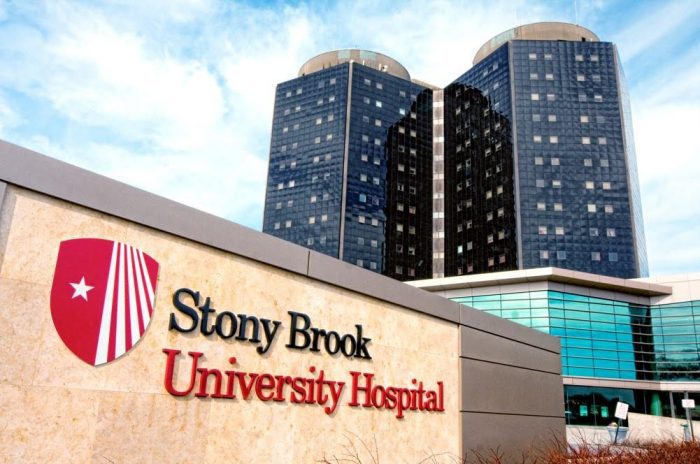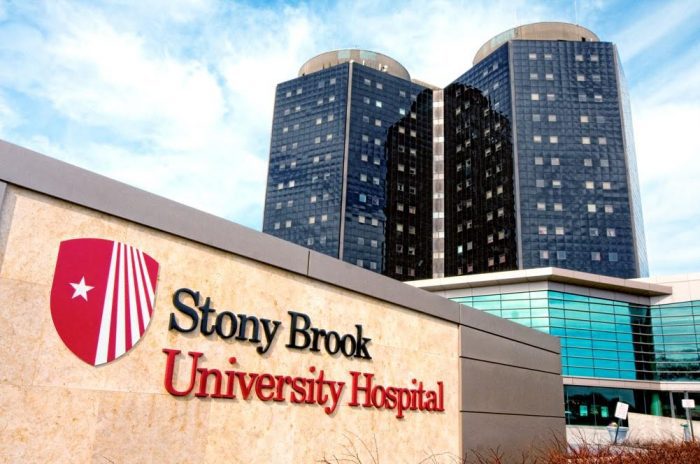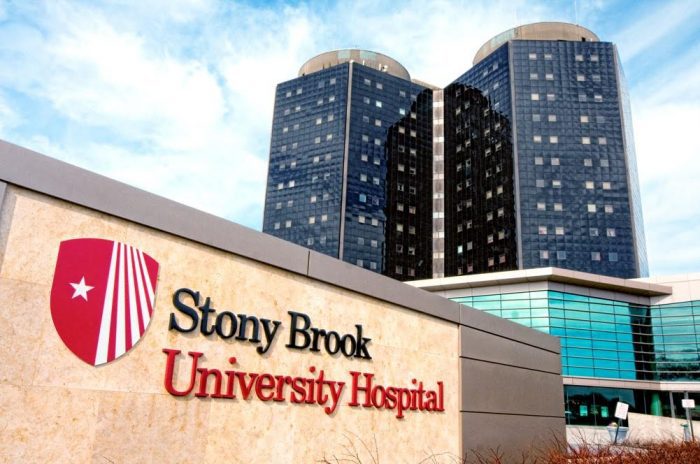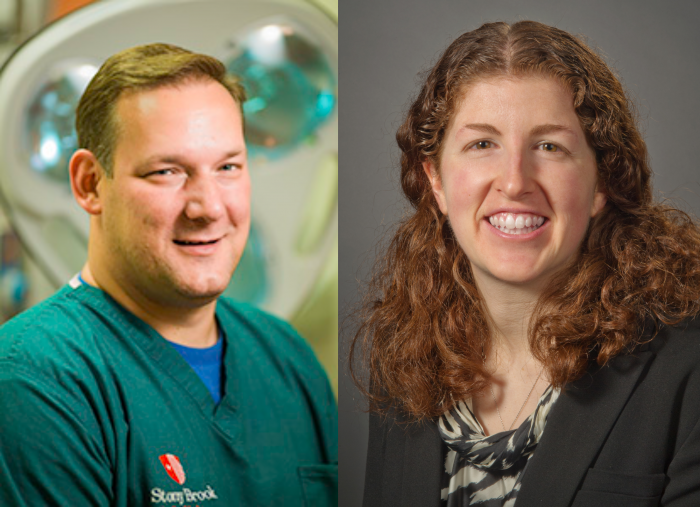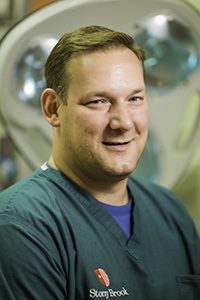Out of more than 6,000 hospitals in the country, Stony Brook University Hospital (SBUH) has been ranked number 19 on Money magazine’s prestigious “Best Hospitals of 2024” list. This recognition gave SBUH an “A” ranking for General Practice and underscores Stony Brook’s unwavering commitment to providing the highest level of care to every Long Island resident.
“This acknowledgment reflects the extraordinary dedication and tireless work of the outstanding teams at Stony Brook Medicine, underscoring our position as a national leader in patient care, health education, and research,” said William A. Wertheim, MD, Interim Executive Vice President, Stony Brook Medicine.
“We are immensely proud to be ranked in Money magazine’s list of Best Hospitals of 2024,” says Carol Gomes, MS, FACHE, CPHQ, Chief Executive Officer of Stony Brook University Hospital. “This recognition is a testament to the hard work and dedication of our staff, who tirelessly strive for excellence in patient care and reflects our unwavering commitment to providing the highest quality healthcare services to our community.”
To compile its new list of the Best Hospitals in America, Money crunched 13,500 data points to create the list of 115. Figures analyzed included safety records, patient satisfaction, mortality rates and healthcare practitioner experiences. Money’s editorial team utilized data available from healthcare transparency firm Denniston Data to articulate the final numbers. This is the second year for Money’s Best Hospitals franchise. Click here to see the full list and learn more about Money’s methodology in selecting its top-ranked hospitals.
About Stony Brook University Hospital:
Stony Brook University Hospital (SBUH) is Long Island’s premier academic health center. With 624 beds, SBUH serves as the region’s only tertiary care center and Regional Trauma Center, and is home to the Stony Brook University Heart Institute, Stony Brook University Cancer Center, Stony Brook Children’s Hospital and Stony Brook University Neurosciences Institute. SBUH also encompasses Suffolk County’s only Level 4 Regional Perinatal Center, state-designated AIDS Center, state-designated Comprehensive Psychiatric Emergency Program, state-designated Burn Center, the Christopher Pendergast ALS Center of Excellence, and Kidney Transplant Center. It is home to the nation’s first Pediatric Multiple Sclerosis Center. To learn more, visit stonybrookmedicine.edu/sbuh.
About Money:
Founded in 1972, Money Magazine helped everyday people live richer lives by learning personal finance strategies that improved their bottom line. Over that time their mission has evolved to guide people to financial victories through up-to-date information, education, and tools as a digital-only destination.
With the rising costs of healthcare, Money sees the direct correlation between quality of care and the lessened financial impact on the consumer, the better the care, the lower the overall, long-term costs.

